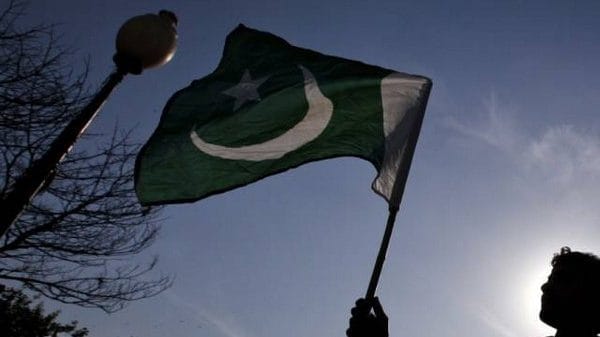If given the opportunity, 37 per cent of Pakistanis would like to leave the country. A survey conducted by the Pakistan Institute of Development Economics, a research institute and public policy think tank in Islamabad, called into question the idea of patriotism and loyalty.
Pakistani policy analyst Raza Ahmad Rumi attributed this to a lack of economic welfare, development, and opportunity. “This is primarily economic in reason as young people want better opportunities and Pakistan’s economy has been in a crisis for the past many years not creating enough jobs,” he told ThePrint.
Among the four provinces, Balochistan had the most people wanting to leave. Forty-seven per cent were open to the idea, given the chance, followed by Khyber Pakhtunkhwa and Sindh.
Also read: Fury after actor Feroze Khan accused of abusing ex-wife is nominated in Lux Style Awards
Triggered uncertainty
The survey elicited a swift response from Pakistan Tehreek-e-Insaf (PTI) leaders.
The report is a wakeup call, said PTI leader Fawad Chaudhry. In a Twitter post, he blamed the trend on the widening gap between the public and other institutions, which has triggered uncertainty in the country. “It’s why a great number of Pakistanis desire to leave Pakistan,” he said.
People in Azad Jammu and Kashmir (AJK) have the highest proportion of those wanting to leave the country at a whopping 44 per cent, which is followed by Gilgit-Baltistan and then Islamabad with the lowest proportion.
The survey measures people’s various motivations to leave or not leave the country, across the four provinces and the three territories. It also included parameters like regions, sex, age, educational qualifications, and income levels.
By using a nationally representative sample drawn by the Pakistan Bureau of Statistics, 20,548 individuals aged 15 years and above participated in this computer-assisted survey.
“This shows our future generation is losing hope in Pakistan,” said PTI spokesperson on economy and finance, Muzzammil Aslam.
The desire to leave is slightly more pronounced in the urban population. Compared to 36 per cent in rural Pakistan, 40 per cent of those who expressed the desire to leave the country were from the urban demographic.
A previous survey by Gallup Pakistan and the Worldwide Independent Network of Market Research yielded very different results. According to its results, 70 per cent Pakistanis chose not to leave the country despite having good opportunities abroad.
The Gallup survey sought to assess levels of patriotism in 24 nations and was carried out from 16 to 23 March 2022 and from 5 to 8 April 2022.
The desire to leave Pakistan seems to be heavily pronounced in the youngest age group of 15 to 24-year-olds and dims with age, for men and women both. A greater proportion of men are willing to leave the country (62 per cent), as compared to women.
Also read: Journalist leaked Bajwa family tax records but his billions a lesser concern for Shehbaz govt
Education and income
Respondents have a greater proclivity to leave Pakistan as their educational qualifications improve. However, after secondary school, that rate seems to stagnate.
Those who have received a high school education or more, show the highest tendency to leave the country at 49 per cent, compared to the 22 per cent who have never been to school.
A similar trend is seen with income as well. Those with higher income show a greater propensity to leave the country, but that desire seems to dip in the highest income quintile.
(Edited by Tarannum Khan)






